Trading in Cruelty: The cruelty of trapping and farming wild monkeys in Mauritius.
FROM BUAV
Support our campaign to stop the primate trade (or see below for complete details and links).
The island of Mauritius is a tropical paradise. Rich in lush foliage and surrounded by coral reefs, it is a major holiday destination. Yet, hidden within this paradise, the BUAV has uncovered an industry that inflicts great suffering on nonhuman primates, one which rips families apart, imprisons some for life as breeding ’machines’ and sends others overseas, on airlines such as Air France, to suffer and die in cruel experiments. Our investigators infiltrated the trapping and supply network and secretly filmed inside primate farms.
Mauritius is one of the world’s largest suppliers of wild-caught and captive-born long-tailed macaques (Macaca fascicularis) for research. Our investigation has revealed the appalling cruelty of the wild-caught trade and by association the breeding farms which are dependent on the wild-caught trade not only to replenish ‘breeding stock’ but also to supply F1 generation monkeys (the offspring of wild-caught parents). Despite a UK ban on the import of wild-caught primates, F1 generation or ‘captive-born’ monkeys are still allowed to be imported into the UK for research. In fact, Mauritius is the largest overseas supplier of primates to the UK.
Trading in Cruelty
Vodpod videos no longer available.
The long-tailed macaque is not considered indigenous to Mauritius. Despite listed as Appendix 11 on CITES (Convention for the Trade in Endangered Species), the species is labeled a ’pest’ and is widely persecuted in the country.
Each year, up to 10,000 monkeys are exported from Mauritius to the European Union (including the UK, France and Spain), the USA and Israel. During 2008-2009 Mauritius supplied over 2,700 monkeys to the UK and over 7,000 monkeys to the USA. The monkeys are reportedly sold to the UK and EU for around £2,600 each.
WHOM TO CONTACT
SAMPLE LETTER
Dear Ambassador,
I recently read about the barbaric trade in monkeys and I am deeply disturbed.
The trapping of wild monkeys is extremely cruel and causes great suffering. The conditions in which captive primates are kept fail to meet the many complex behavioral and psychological needs of these highly intelligent and social animals.
Your government may be unaware of the ultimate fate of its monkeys. I urge you to consider the pain and suffering that is inflicted on them in overseas research laboratories. For example, many will be used in toxicity tests which involves the forced ingestion, inhalation or injection of potentially lethal chemicals.
I appeal to you to ensure that immediate action is taken to put an end to this appalling cruelty and ban the capture and export of primates. I hope that you will be moved not only by the findings of the BUAV investigation, but also by the impact they will have upon Mauritius’s international reputation.
4. WRITE TO AIR FRANCE (postal only)
Ask Air France to join the many other airlines dissociating themselves from the cruel trade in primates for research. Suggested text below:
Dear Air France,
I am shocked to learn from the BUAV investigation of the trade in primates from Mauritius that Air France transports monkeys to research laboratories.
The trapping of wild monkeys is extremely cruel and causes great suffering. These highly intelligent and sensitive animals are packed in small crates, and travel as cargo on extremely long journeys. Many airlines have made the decision to dissociate themselves from the cruelty and suffering of the international trade in primates by refusing to transport primates destined for the research industry.
I hope that you will be moved not only by the findings of the BUAV investigation, but also by the impact that these revelations will have upon Air France’s international reputation.
I urge Air France to join this growing number of airlines and refuse to transport primates for research.
Send to:
Air France, Head Office, 45 rue de Paris, 95 747 Roissy CDG Cedex, France
Fax: 01 41 56 70 29
and/or Air France Cargo, Building 558 Shoreham Road West, Heathrow Airport, Hounslow, TW6 3RN
READ MORE:
- The trapping fields – The capture of wild monkeys
- Holding – Our secret investigation into the monkey farms
- Export – How many monkeys are sold for research and who transports them
- Research– The fate of the monkeys from Mauritius when they reach the laboratories
RELATED RESOURCES:
RELATED ARTICLES:
- Mauritius Monkey Capturing: U.S. Exposed As Biggest Importer Of Brutal Industry In New Report (huffingtonpost.com)
- Report: Monkeys harmed by trappers in Mauritius (seattletimes.nwsource.com)

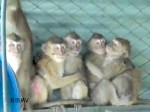








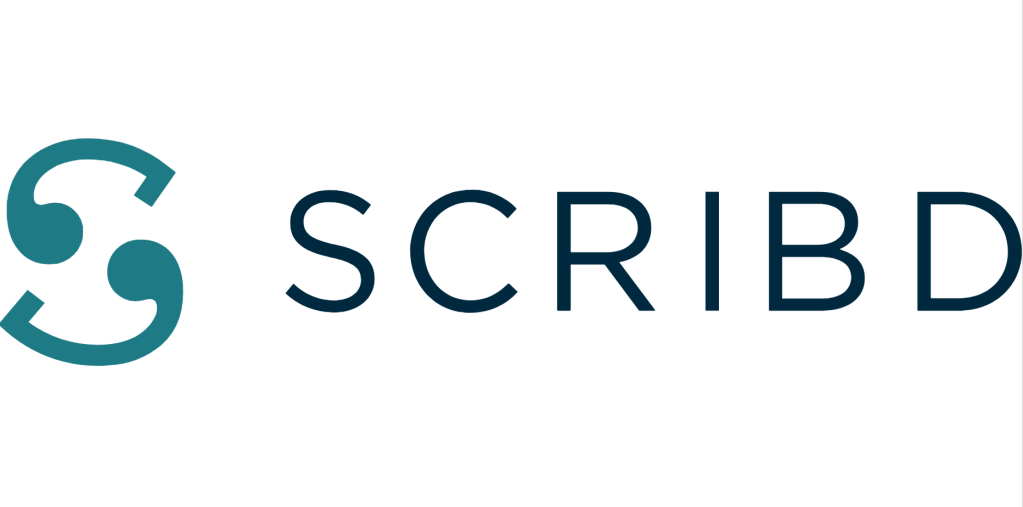












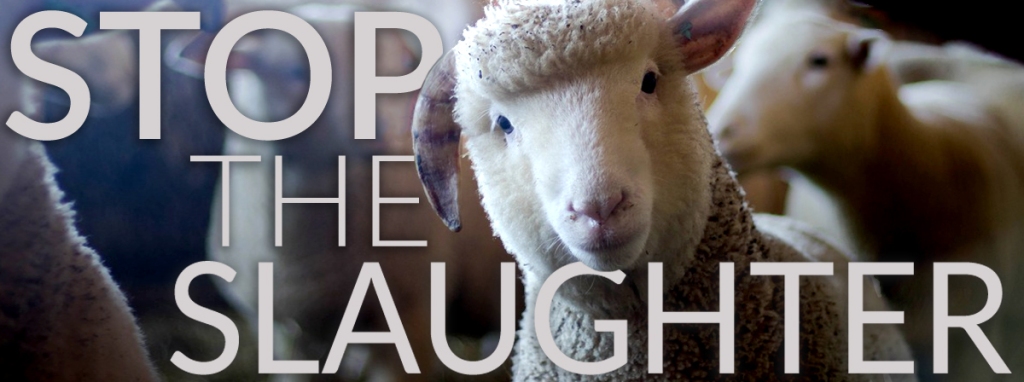






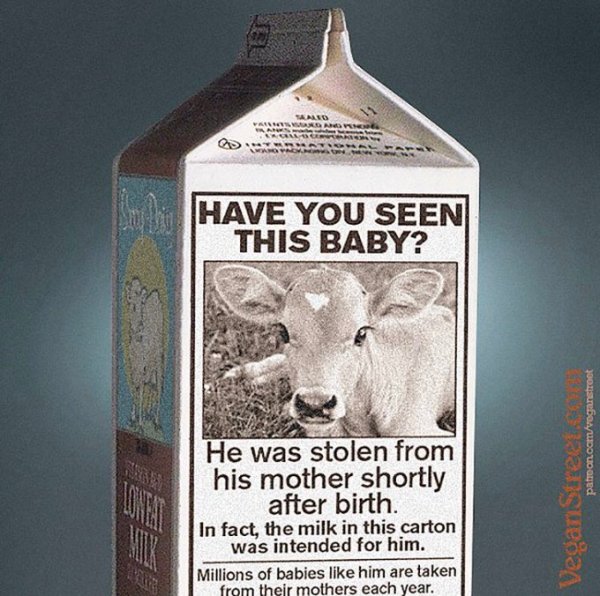




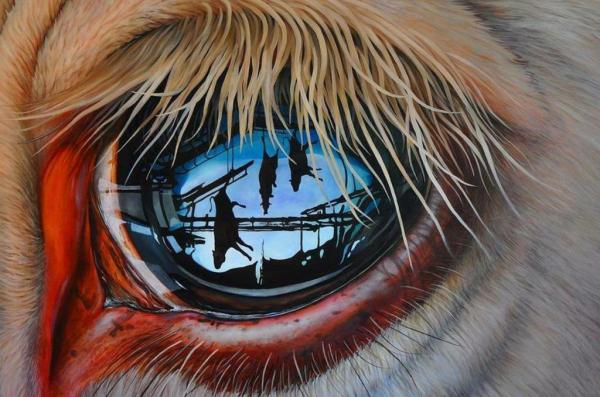














Yet another horrible SHAME on humanity. Thank you, who run this incredible site, for everything you do. I’ve done several actions in here just now. The fact that any of this is even necessary, well, you know……sigh…
LikeLike
Thank you so much for your participation and input, Laura, we thank YOU. And I agree, I find it utterly obscene that we have to ASK for non-speciesist decisions and actions, to ask for equality and compassion for such that should be so obviously extended in general. Very sad. Very toxic.
LikeLike
Wow, I’m shocked that the U.S. is also importing so many!!!
I just posted a petition at http://www.change.org … it’s about preventing PRIMATE EXTINCTION. It is addressed to Obama, because of the Biodiversity meeting to be held in Japan in the coming weeks … if you can sign the petition, it would be great … but moreso, if you can suggest any changes that I make in teh body of my letter to Obama, to make it more effectie, I would appreciate the help, ’cause I also want to make a difference.
Thank you for posting this info!
LikeLike
NON à l’expérimentation sur l’animal, des méthodes modernes beaucoup plus fiables existent, beaucoup plus rapides , respectueuses des animaux et de la santé des humains .
En effet aucune espèce n’est un modèle fiable pour une autre, ce qui abouti à des médicaments parfois dangereux et même mortels pour les humains
LikeLike
Que fait-on des méthodes substitutives ? Pourquoi toujours tester sur des animaux. A quoi sert le progrès si c’est pour ne JAMAIS l’appliquer dans les laboratoires.
LikeLike
Honte aux laboratoires utilisant des êtres vivants
LikeLike